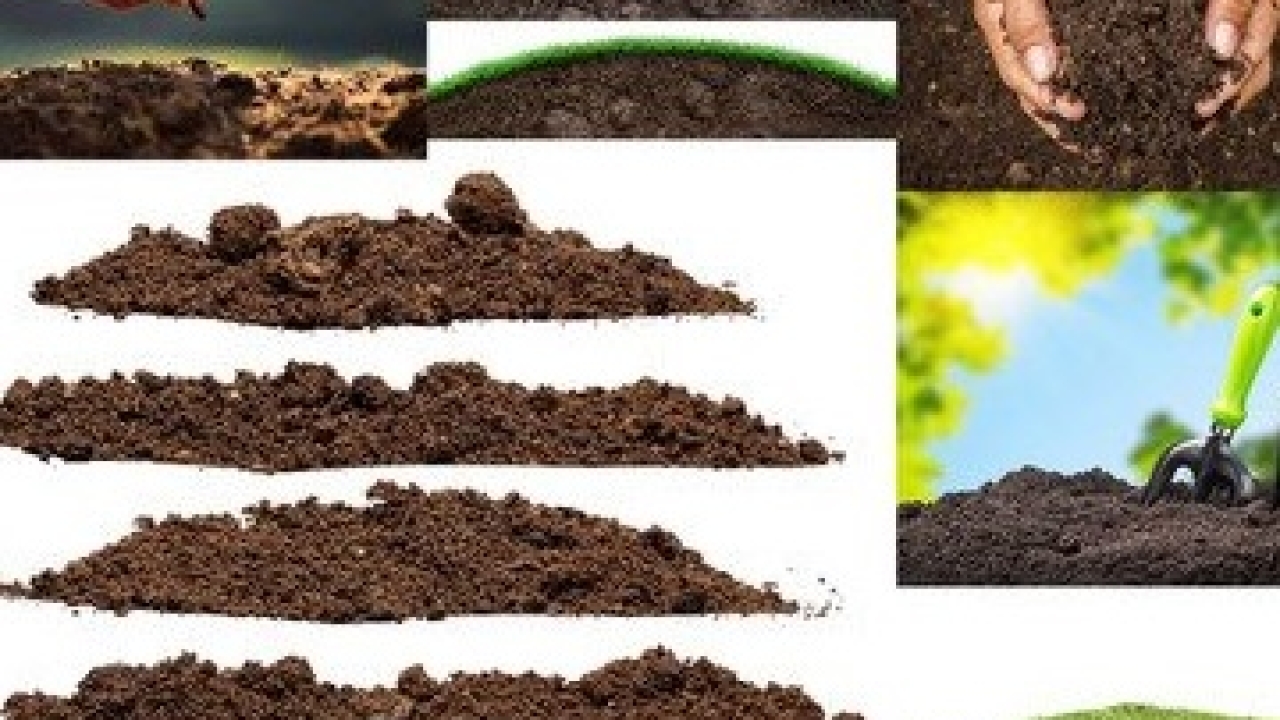Application of Soil Moisture Sensor
Posted on 16 April, 2024 by BindaJD

Soil Moisture Sensor is an innovative tool that is transforming agriculture, landscaping, and environmental science. This device measures the volumetric water content in the soil, providing critical information that helps in optimizing irrigation systems, predicting weather changes, and ensuring the health and growth of plants.
Before we delve into its applications, it is essential to understand what a Soil Moisture Sensor is and how it works. A Soil Moisture Sensor is a device that measures the water content in the soil. It uses various methods to record this data, including capacitance, impedance, and neutron scattering.
The Soil Moisture Sensor provides real-time, accurate data on soil moisture levels. This information assists farmers, gardeners, and scientists in making informed decisions regarding irrigation, crop selection, and soil conservation.
Applications of the Soil Moisture Sensor
1. Agriculture
One of the most significant applications of the Soil Moisture Sensor is in agriculture. Farmers can use this device to monitor soil moisture levels in their fields. This information is extremely valuable, as it helps in optimizing irrigation systems, leading to water conservation and increased crop yield.
By accurately determining the soil moisture content, farmers can avoid overwatering or underwatering their crops. This not only saves water but also ensures the health and growth of the plants. As a result, the Soil Moisture Sensor is a critical tool in sustainable farming practices.
2. Landscaping
In the landscaping industry, the Soil Moisture Sensor aids in maintaining the aesthetics and health of lawns and gardens. By measuring the soil’s moisture content, landscapers can ensure that the plants receive the right amount of water, promoting their growth and maintaining their health.
3. Environmental Science
In environmental science, the Soil Moisture Sensor plays a crucial role in studying soil moisture patterns and predicting weather changes. The data gathered from these sensors aids in understanding the impact of climate change on soil moisture levels. Moreover, it assists in formulating strategies for soil conservation and sustainable agriculture.
4. Smart Homes
With the rise of smart homes, the Soil Moisture Sensor is finding its use in residential gardening. Homeowners are using this device to maintain their lawns and gardens. By receiving real-time data on soil moisture levels, homeowners can ensure that their plants are adequately watered, saving time and effort.
5. Research and Education
The Soil Moisture Sensor is also used in research and education, aiding in studies related to soil science, agriculture, and environmental science. Students and researchers can use this device to gather data for their projects and experiments.
Soil Moisture Sensor is a revolutionary tool with wide-ranging applications. From optimizing irrigation systems in agriculture to maintaining healthy gardens in landscaping, this device is transforming various sectors. Moreover, it is contributing substantially towards sustainability by promoting water conservation and aiding in the study of climate change impacts.
As technology advances, the applications of the Soil Moisture Sensor are expected to expand further. It is, therefore, essential for individuals and organizations in agriculture, landscaping, and environmental science to embrace this technology. By doing so, they can optimize their operations, contribute to environmental conservation, and ultimately drive growth and success.